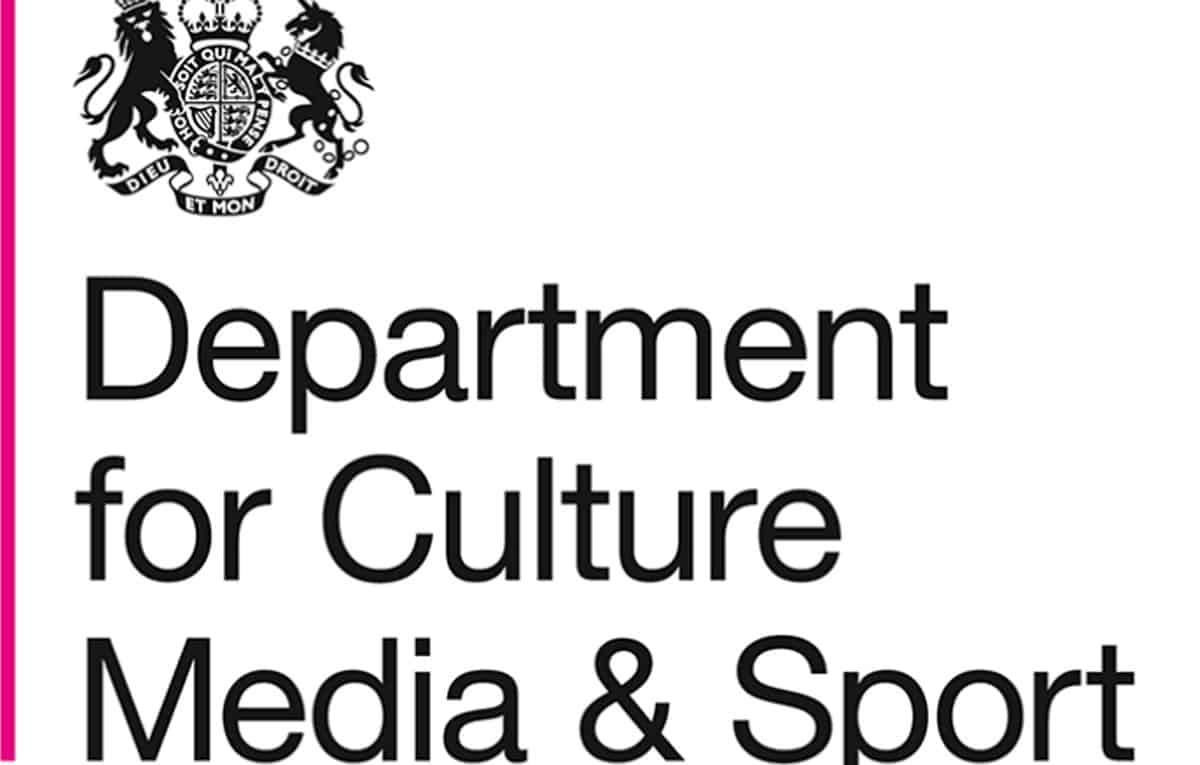In an open call to the games industry today, the UK Government stated that publishers must take action on loot boxes or risk stricter legislation in the future. For the time being, things will not be changing.
Table Of Contents
Stopping Just Short
Since calling for evidence on loot boxes in 2020, The Department for Digital, Culture, Media, and Sport (DCMS) has concluded in its findings that players purchasing loot boxes are “more likely to experience gambling, mental health, financial and problem gaming-related harms.” While that sounds pretty conclusive, the DCMS could not definitively conclude that loot boxes were the same as gambling. Due to these findings, no changes will be made to the current gambling act with the DCMS report stating, “Changing the Gambling Act with regards to loot boxes would have significant implementation challenges and risks of unintended consequences.”
For the time being, nothing will be changing when it comes to in-game loot boxes. Citing exorbitant costs in changing the current law, the DCMS is allowing the games industry to self-regulate at present. There is a threat of stricter legislation should things take a turn for the worse. The best example comes from EA Sports’ FIFA series, which features an “Ultimate Team” mode where players can purchase packs of players. The UK Government says mechanics like this should not be available to children and young people. It praised Microsoft’s implementation of parental locks on Xbox Live, but called for stronger protections across the industry and said it “will not hesitate to consider legislation if companies do not bring in sufficient measures to keep players safe.”
🎮 NEWS:
We’re asking video games companies to step up and improve protections for children and players of all ages, including through loot box spending, to help keep them #SafeOnline👉 https://t.co/11dFdMeEM4 pic.twitter.com/6OlzZB4BNY
— Department for Culture, Media and Sport (@DCMS) July 17, 2022
Shape Up or Ship Out
While a lot of this report sounds like a half measure, the DCMS did provide examples of what it would like to see publishers start implementing in games. One such was a measure for players that spend a disproportionate amount of cash on loot boxes, giving them support to prevent such a situation from recurring. Another called for clearly letting players know that loot boxes are not essential to the experience and will not guarantee success in a given game. Lastly, there was mention of warning messages popping up once players pass a certain purchase threshold, advising them to pause spending for a set period, alongside a refund policy.
In summation, the UK Government said that there is still a need for stronger evidence when it comes to understanding the positive and negative impacts of video games. While loot boxes and microtransactions haven’t been officially deemed as gambling, they clearly represent an issue that can cause damage to certain players if not properly disclosed.


